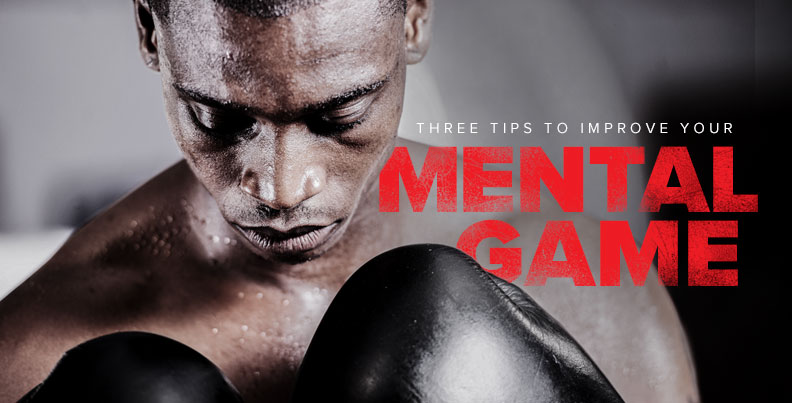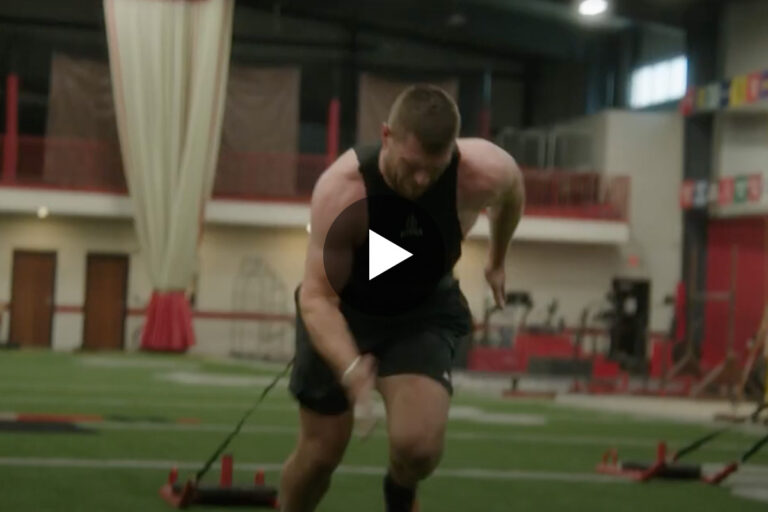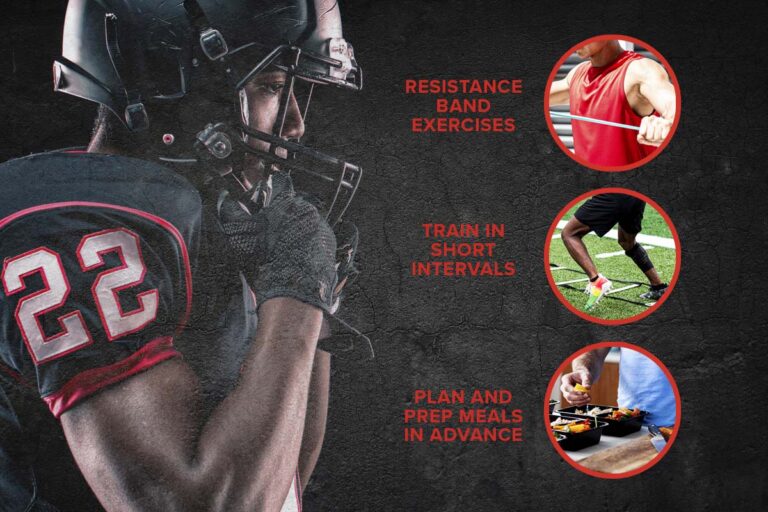A wise philosopher once said, “90 percent of the game is half mental.”
While no one will dispute the importance of the mind leading the body – especially when it comes to your on-field performance – the growing need and demand for sports psychologists has proven that at the highest level, mental game is everything.
For most of us, spending big dollars on a sports psychologist may not be in the budget. But, a few simple tips can help you excel on and off the field.

1 – ATTITUDE IS EVERYTHING
“Success is a Choice” isn’t just a self-help mantra. It’s also the title of a book by one big-time basketball coach.
Have you ever watched a big game and noticed the athletes who embrace the spotlight? They’re also the ones who find success more often than not.
What about the athletes who try and avoid the moment? Even the most casual observer notices how one’s negative attitude can impact their on-field performance.
We all know the importance of a positive attitude. It’s self-belief. It’s the ability to overcome obstacles. It’s the desire to see a project through to completion.
Jon Gordon, author of The Energy Bus and someone who has a history of working with professional sports teams, says that one trait among winning teams is optimism. “Optimistic salespeople outperform pessimistic salespeople. Optimistic leaders are able to get their people in the right direction and create success. I work with a lot of teams, for instance, and I’ve seen this principle play out.”
The bottom line? If you believe that you can do something, you probably will.

2 – SET HIGH, BUT REALISTIC GOALS
Setting goals seems obvious, doesn’t it? However, many people struggle to set properly attainable, but challenging benchmarks to motivate them along their journey.
We suggest using the SMART method.
S – Specific
M – Measurable
A – Achievable
R – Relevant
T – Time focused
Marathon training is a great example when it comes to goal setting. You don’t go from running 2 miles to pulling 26.2 out of your hat. Instead, you pace yourself – in distance and timing – over a period of several months to optimize your performance on race day.

3 – POSITIVE MENTAL IMAGERY
Those who often see the glass half empty will gripe that they’ll believe it when they see it. But, for those who excel on the field of play, they’ll see success before they make it happen.
According to Dr. Jim Taylor, PhD, in Psychology Today, there are four factors that impact the quality of mental imagery: perspective, control, multiple senses and speed. Each of these can be developed in order to you to get the most out of your imagery.
Taylor suggests that this goes well beyond visualization. Instead, its a multi-sensory experience that connects mind and body.
“The most powerful part of mental imagery is feeling it in your body. That’s how you really ingrain new technical and mental skills and habits. A useful way to increase the feeling in your mental imagery is to combine imagined and real sensations. Imagine yourself performing and move your body along with the imagery. You see world-class athletes doing this before competitions.”













